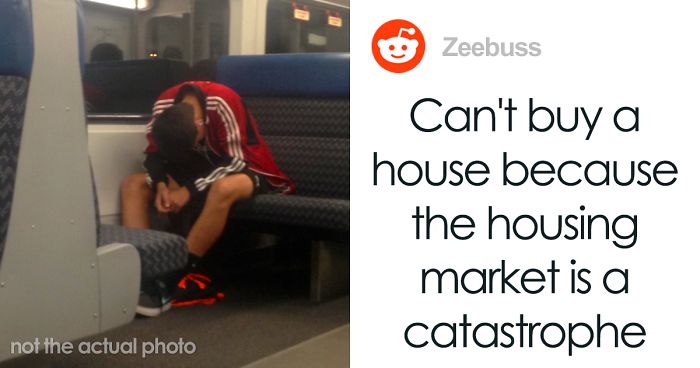
Confused Person Asks Why Millennials Want To Die, Receives A Surprisingly Clear Answer
Quick survey: who woke up this morning, or checked your phone in the bathroom at work, or looked at the news, and declared that you crave the cold embrace of soil covering your body?
Some of you reading might have raised your hands, while a lot of you are probably just confused about why your kids or younger coworkers are acting like this.
Someone on r/OutOftheLoop asked why millennial humor is so preoccupied with dying and being dead, and whether it’s just a frivolous trend, or a symptom of a serious underlying issue. The responses put it all out there: while the jokes are just there to help us cope and relate to each other, it does reflect the fact that many people who have become adults in the 21st century don’t feel like they have a lot to look forward to.
Image credits: Roller31415
This Reddit user felt “out of the loop” about why millennial memes are so dark
But the answer they got was enlightening
Image credits: Zeebuss
An eloquent explanation, but we usually just choose to express it like this
It turns out that when people are exhausted from spending most of their waking hours at their retail jobs and don’t expect to find anything better any time soon (even if they have a degree that they’re still paying loans on) because they’re a few hours away from not being able to pay rent at any given time, it doesn’t paint a very encouraging picture of how the next 50 or so years of their lives are going to go.
When you’re in a situation like this one, as many young adults are, it almost makes you want the rising sea levels to just reach your city already so you can be quickly swallowed up by a tsunami, but realistically, we know that our demise will be a lot slower and more drawn-out than that.
And even one who, individually, tries to make the best of the political tools they’re given and vote for candidates who seem most likely to invest in the future rather than business owners’ pockets, probably feels a sense of powerlessness that people who have the ability to affect change aren’t doing anything.
Add this to the fact that people in their 20s and 30s report both higher rates of mental health issues, many of them directly linked to their work, and lower stigma around discussing mental illness. There you have a recipe for people turning to the internet to vent their frustration in a setting that offers us either anonymity, depending on how we use it, or a low-pressure way of connecting with each other.
Commenters agreed and offered their perspectives
It sometimes feels like it's almost become a sport to criticize millennials and laugh off their concerns because "older generations have the experience to know better" or similar. The truth is that young people face very different challenges to any previous generation and this post does a good job of explaining that. It's just a shame that the people who most need to read this won't.
Agreed. This is an Excellent post. I’m not a millennial. However, the same s**t affecting them is affecting me (an unlucky gen x person). I therefore empathize with all of their explanations. I also hate the constant anti-millennial s**t thrown at them. It’s a cultural disgrace.
Load More Replies...I'm on the older end of millennial. I remember growing up in the 1990s through the longest sustained economic growth in history. The cold war was over. World hunger was plummeting. Education rates were soaring. Gender/racial equality only seemed like a matter of time. Politicians were starting to tackle climate change. Everything was so optimistic. When politicians said "This generation might never know war" we actually believed them. Then there was 9/11 and we were like "OK, so there are definitely going to be wars". Then there was the 2008 financial crash and the prosperity boom seemed like a horrible lie. Since everybody had got a university degree, those turned out to be fairly worthless in setting us up in careers. Wages stagnated, pension ages rose, house prices continued to balloon beyond our reach. Racism and sexism seem to have backslid in many respects. Climate was forgotten. Everything since 2008 has just seemed relentlessly negative.
True. As a 1990s kid, I remember those times (intensified by an actual war that started and finished within the first half of the decade back then in my country). And I feel the same as you described. The tragedies you mentioned are like the plot twists of a hopeless horror film.
Load More Replies...This is all true, but I don't feel like my generation (born in early 70s) had much better time. I remember spending most of my youth scared sh*tless of possible wars and atomic bombs, then various ecological disasters which were even then a thing. We had so much wars at the time of my 20s in my country, that it was really grimm time and it felt and still feels quite hopeless. I am paying for my retirement fond for more than 20 years which is ridiculous because I will never ever retire. NO one will. It became a fiction. Most of us will die sooner than reach retirement and pensions in my country are mostly so small you can't even survive on it because money from fonds are stollle. I have a daughter who is maybe a millenial (I think) and I can feel that hoplessness in her, not sure if it's comming from me or is it just her seeing things hopeless as they are. Or both. WE hear everyday how polluted Earth is and how we are all going to die, but what can we do??? Just tell us, we will do it!
Lobby your politicians for environmental protections. Many folks make this out to be a youth issue, the powers that be need to see that EVERYONE is demanding climate action.
Load More Replies...It sometimes feels like it's almost become a sport to criticize millennials and laugh off their concerns because "older generations have the experience to know better" or similar. The truth is that young people face very different challenges to any previous generation and this post does a good job of explaining that. It's just a shame that the people who most need to read this won't.
Agreed. This is an Excellent post. I’m not a millennial. However, the same s**t affecting them is affecting me (an unlucky gen x person). I therefore empathize with all of their explanations. I also hate the constant anti-millennial s**t thrown at them. It’s a cultural disgrace.
Load More Replies...I'm on the older end of millennial. I remember growing up in the 1990s through the longest sustained economic growth in history. The cold war was over. World hunger was plummeting. Education rates were soaring. Gender/racial equality only seemed like a matter of time. Politicians were starting to tackle climate change. Everything was so optimistic. When politicians said "This generation might never know war" we actually believed them. Then there was 9/11 and we were like "OK, so there are definitely going to be wars". Then there was the 2008 financial crash and the prosperity boom seemed like a horrible lie. Since everybody had got a university degree, those turned out to be fairly worthless in setting us up in careers. Wages stagnated, pension ages rose, house prices continued to balloon beyond our reach. Racism and sexism seem to have backslid in many respects. Climate was forgotten. Everything since 2008 has just seemed relentlessly negative.
True. As a 1990s kid, I remember those times (intensified by an actual war that started and finished within the first half of the decade back then in my country). And I feel the same as you described. The tragedies you mentioned are like the plot twists of a hopeless horror film.
Load More Replies...This is all true, but I don't feel like my generation (born in early 70s) had much better time. I remember spending most of my youth scared sh*tless of possible wars and atomic bombs, then various ecological disasters which were even then a thing. We had so much wars at the time of my 20s in my country, that it was really grimm time and it felt and still feels quite hopeless. I am paying for my retirement fond for more than 20 years which is ridiculous because I will never ever retire. NO one will. It became a fiction. Most of us will die sooner than reach retirement and pensions in my country are mostly so small you can't even survive on it because money from fonds are stollle. I have a daughter who is maybe a millenial (I think) and I can feel that hoplessness in her, not sure if it's comming from me or is it just her seeing things hopeless as they are. Or both. WE hear everyday how polluted Earth is and how we are all going to die, but what can we do??? Just tell us, we will do it!
Lobby your politicians for environmental protections. Many folks make this out to be a youth issue, the powers that be need to see that EVERYONE is demanding climate action.
Load More Replies...
 Dark Mode
Dark Mode 

 No fees, cancel anytime
No fees, cancel anytime 



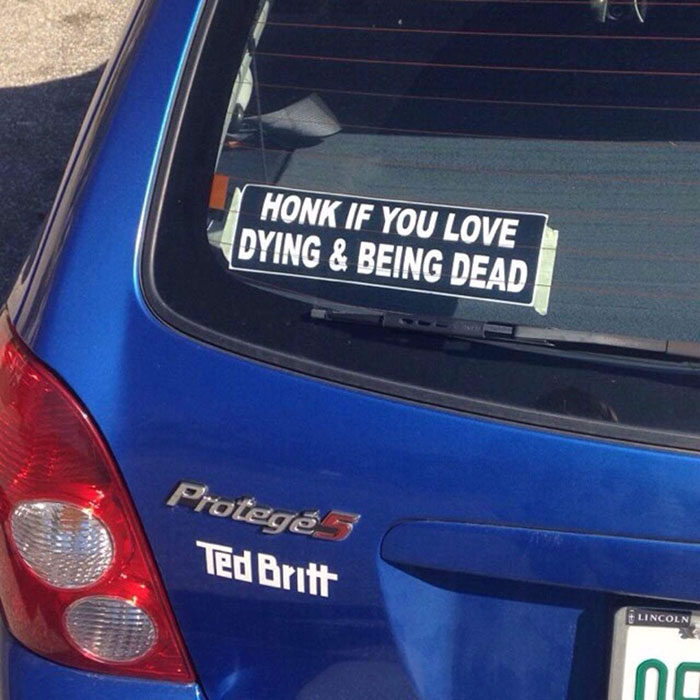

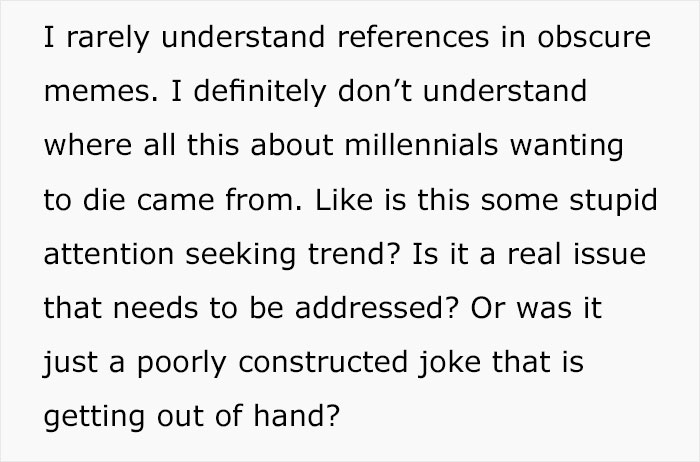
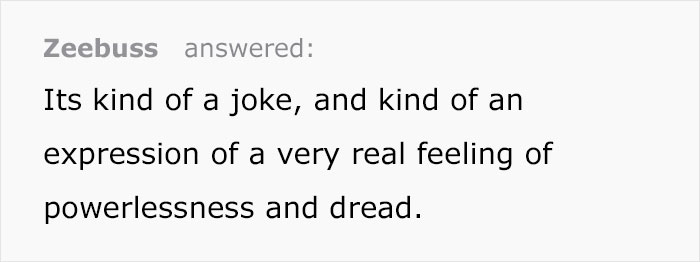
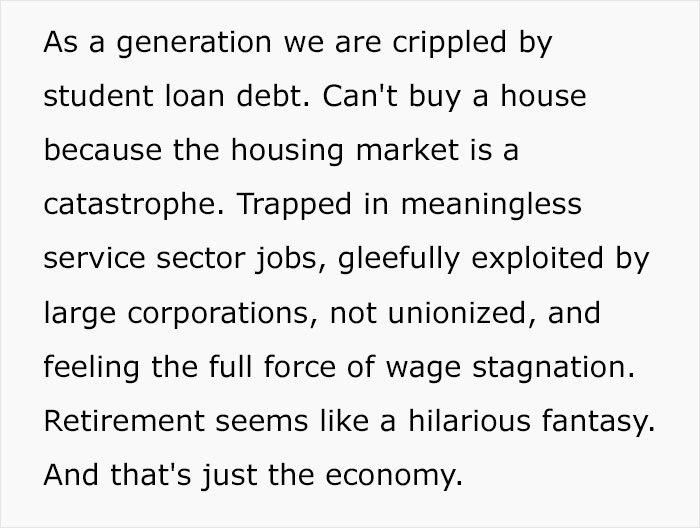
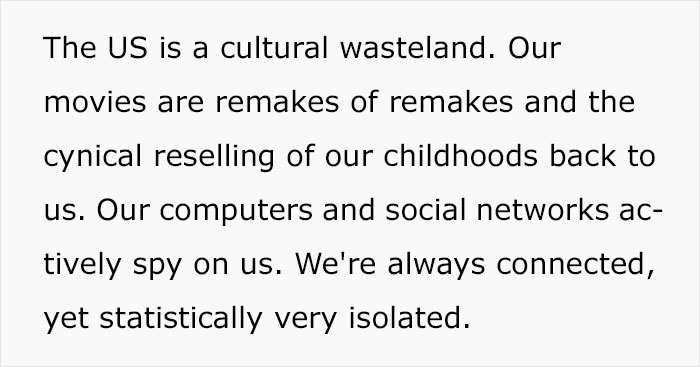
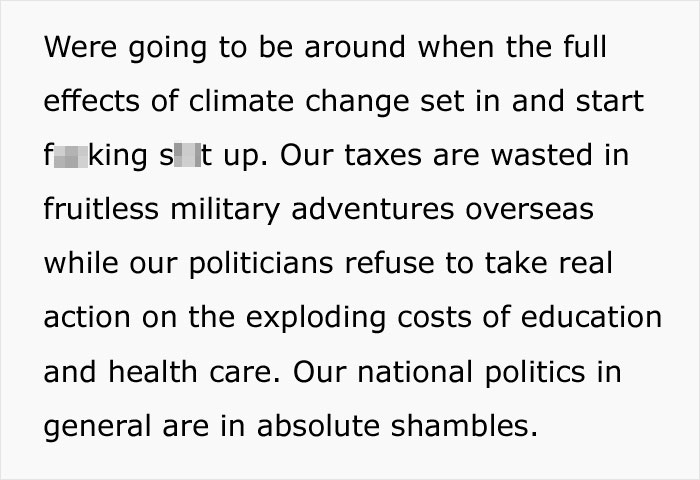
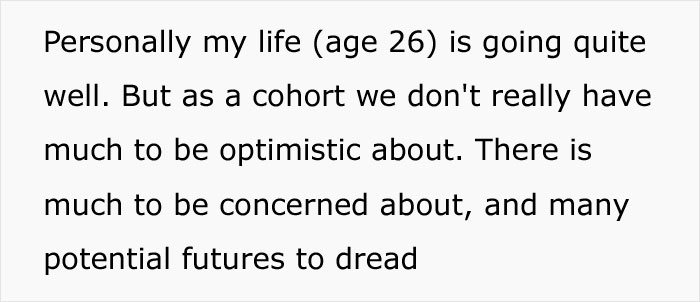
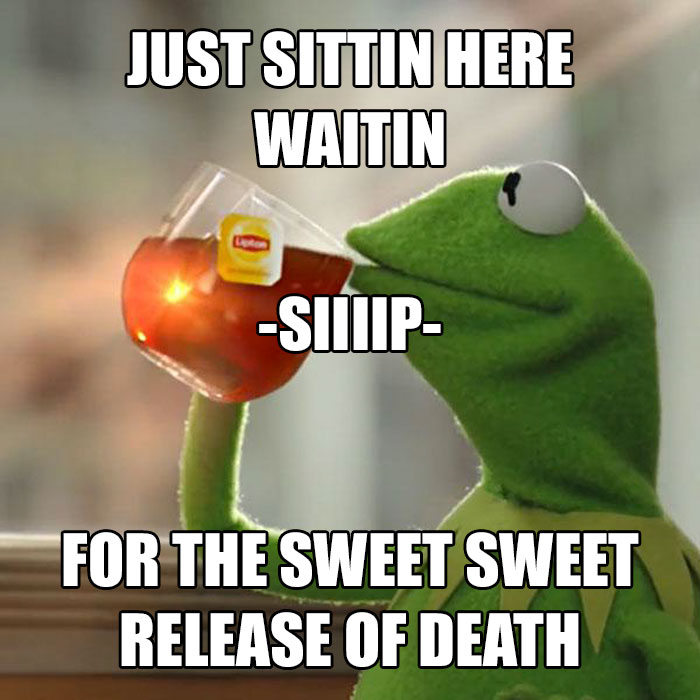
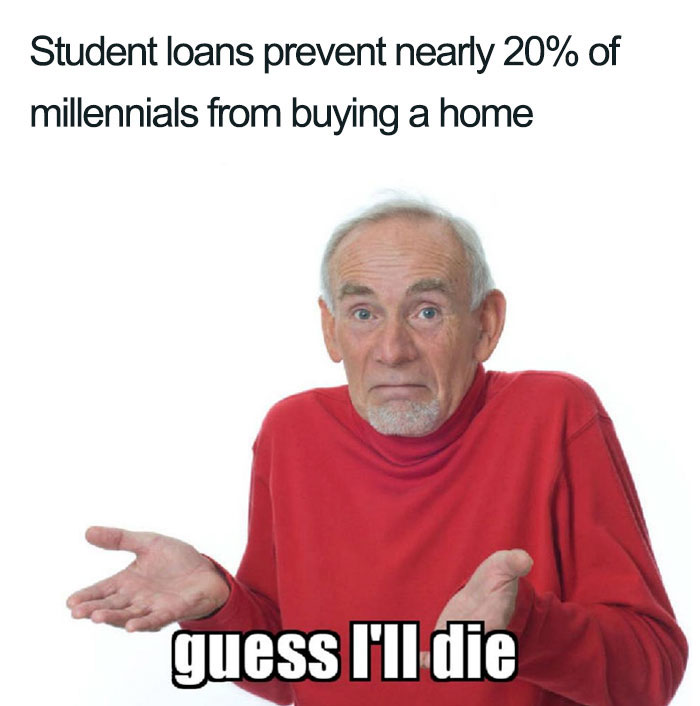
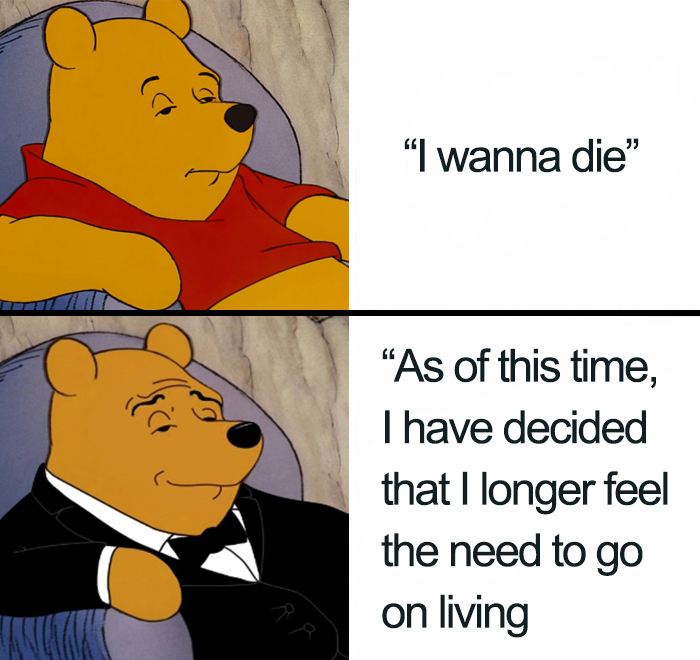
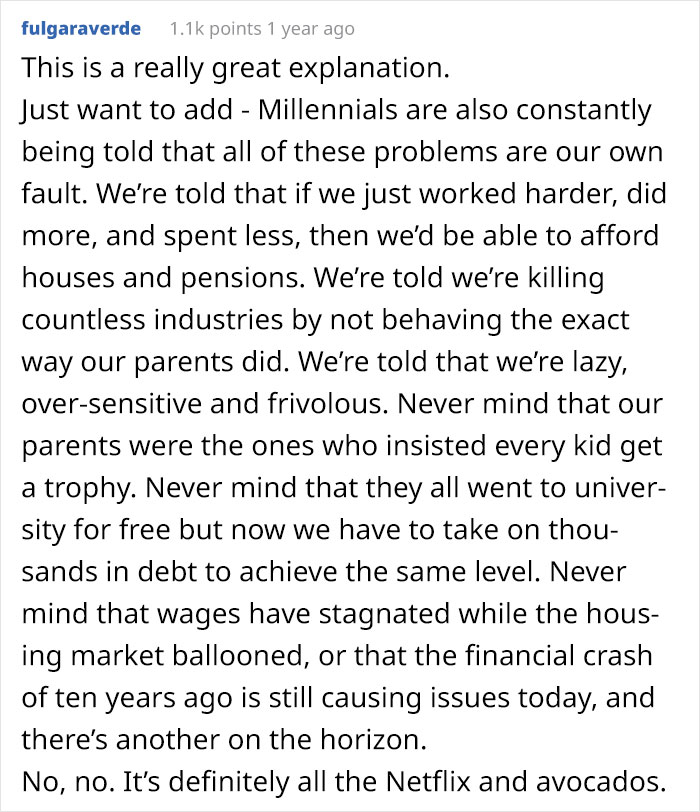
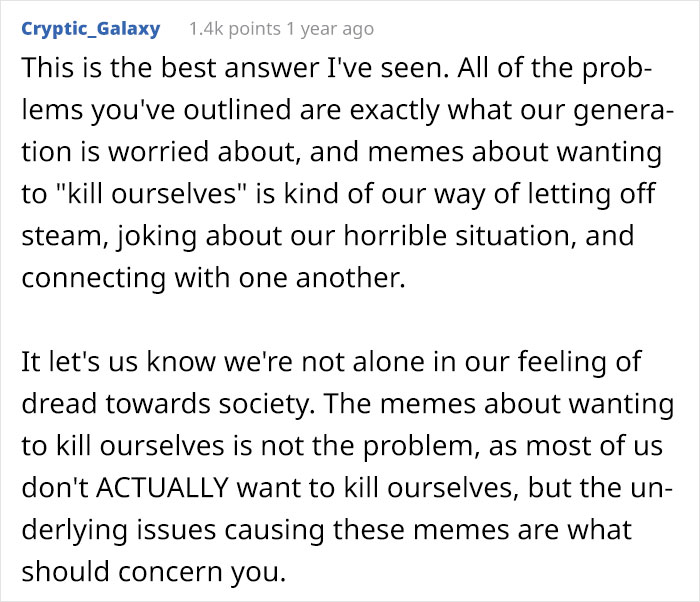
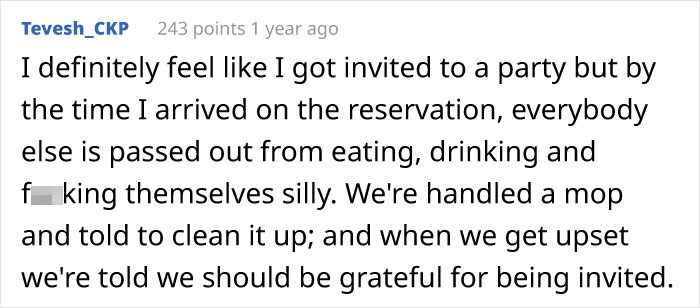
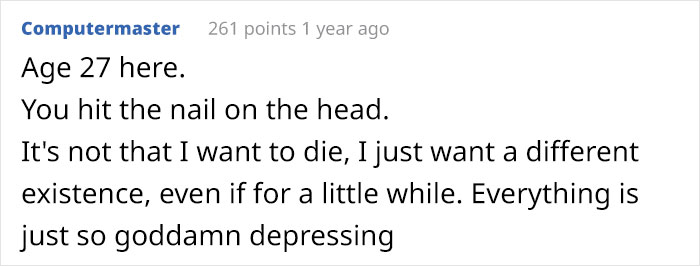

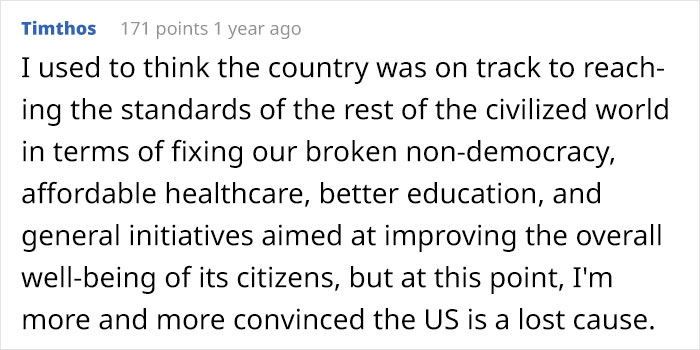

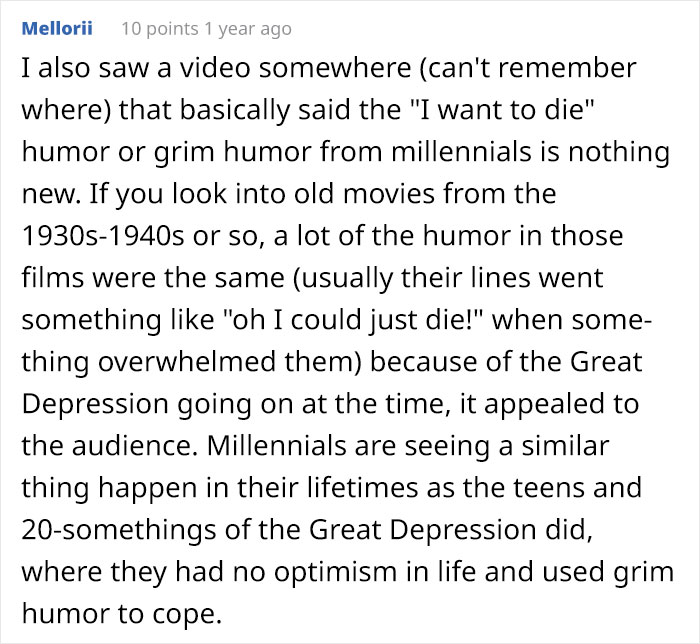









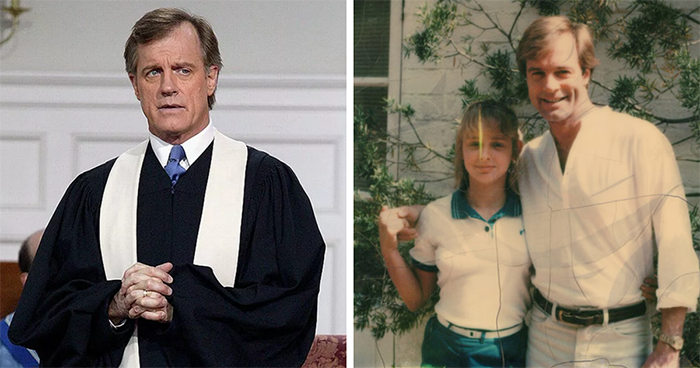

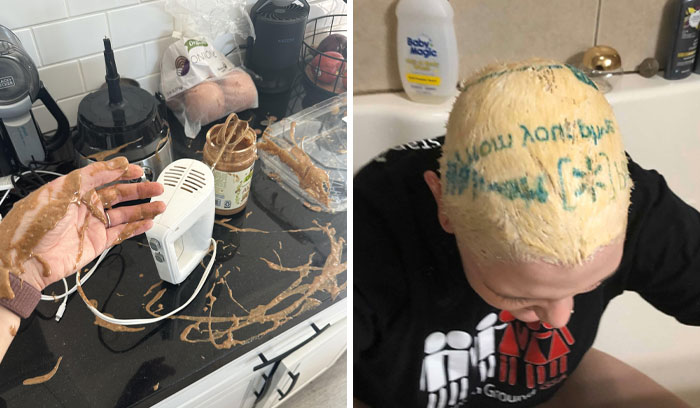



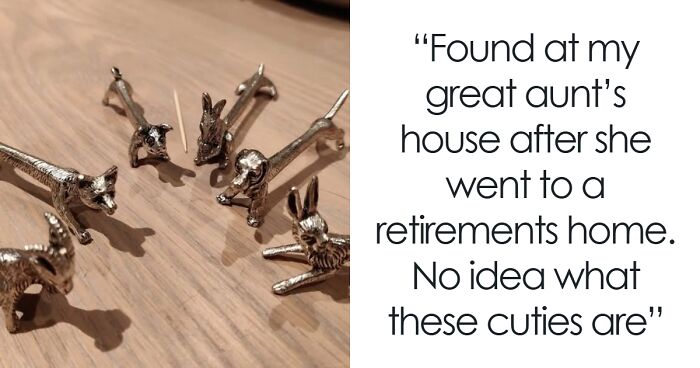
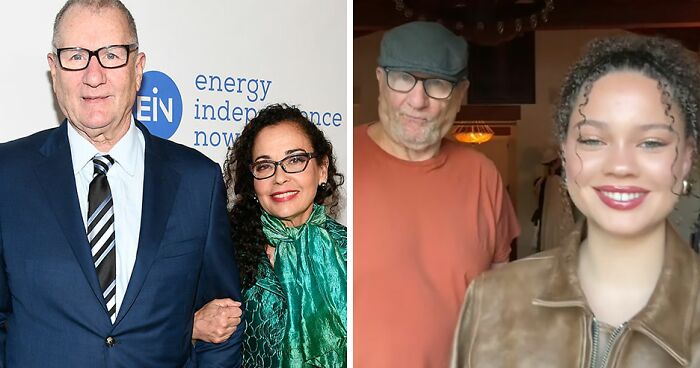









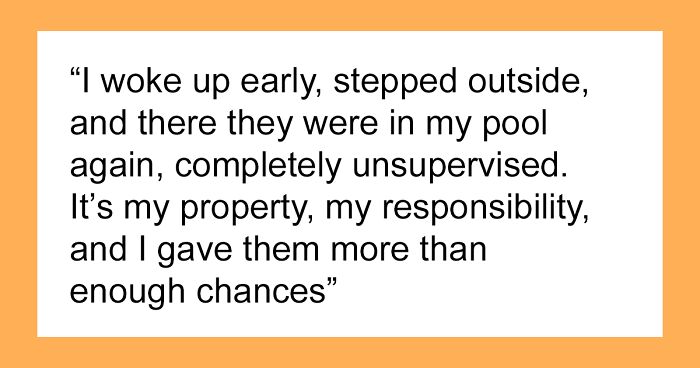



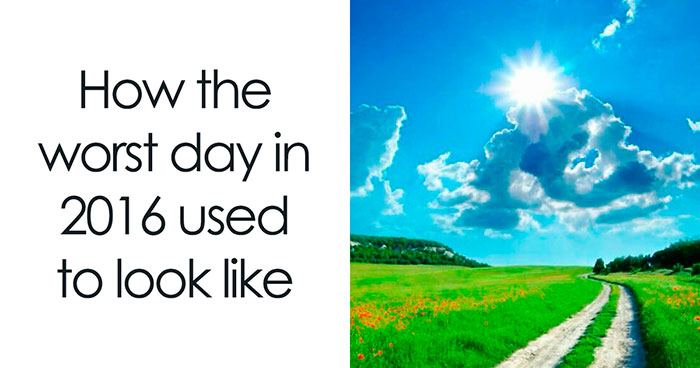

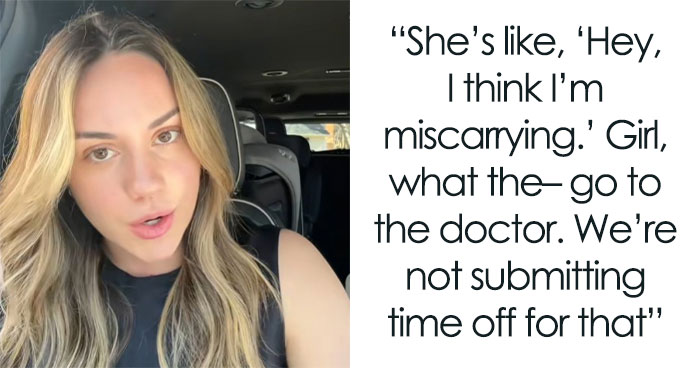
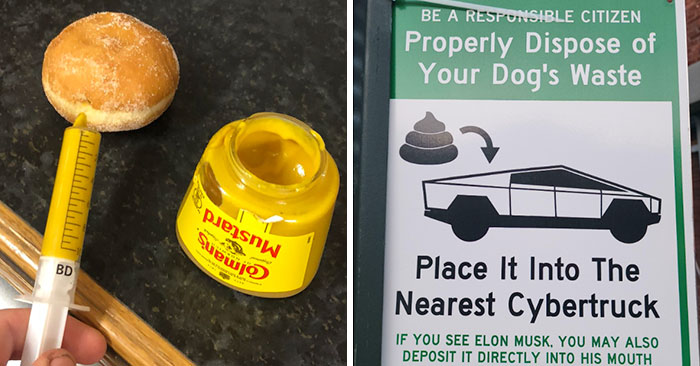

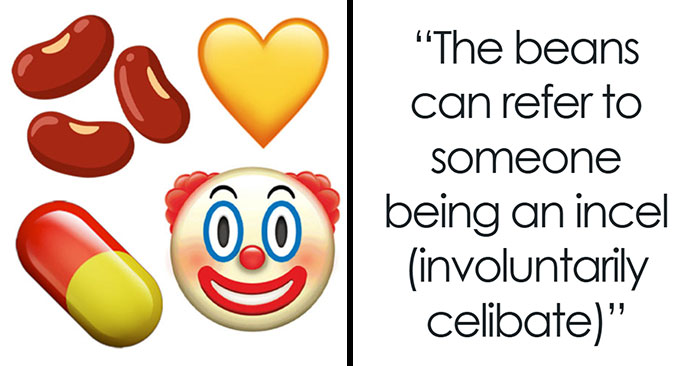
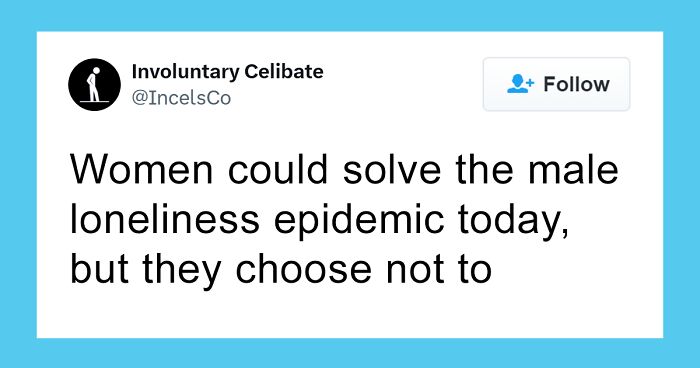


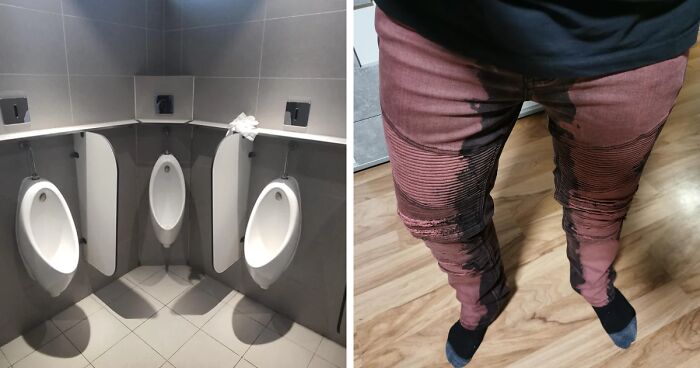
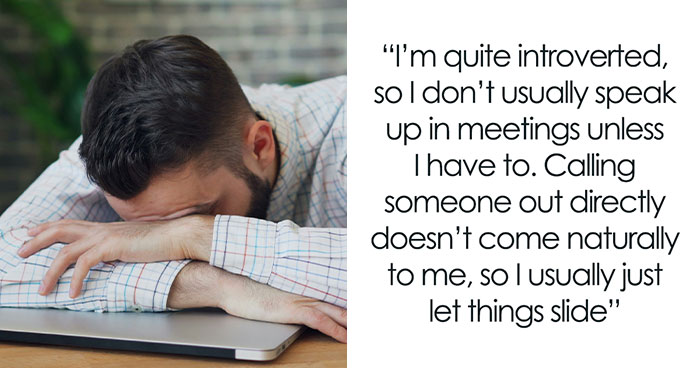
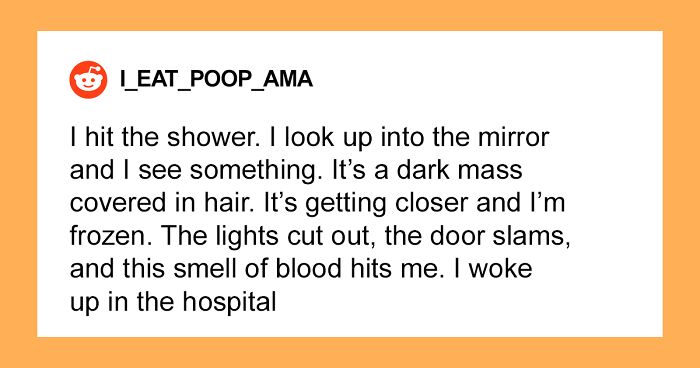
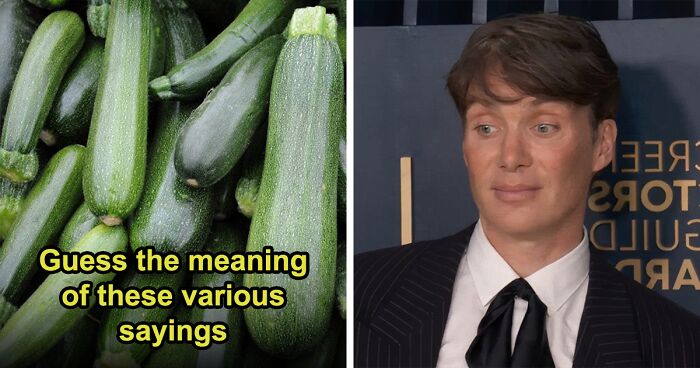
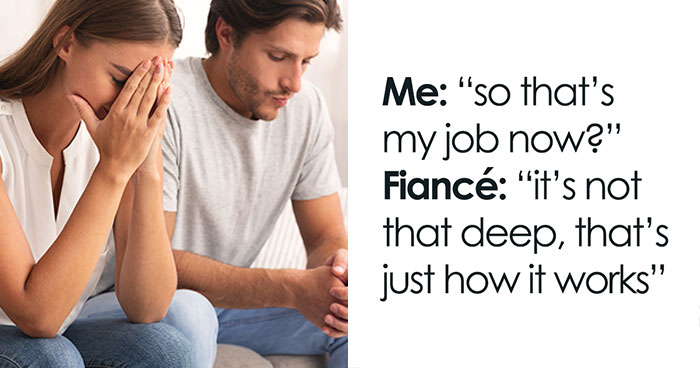




185
120